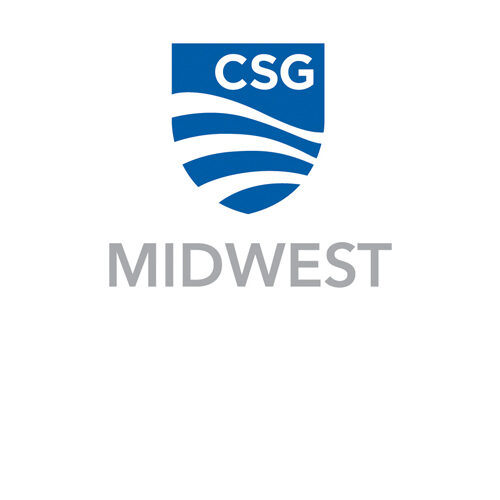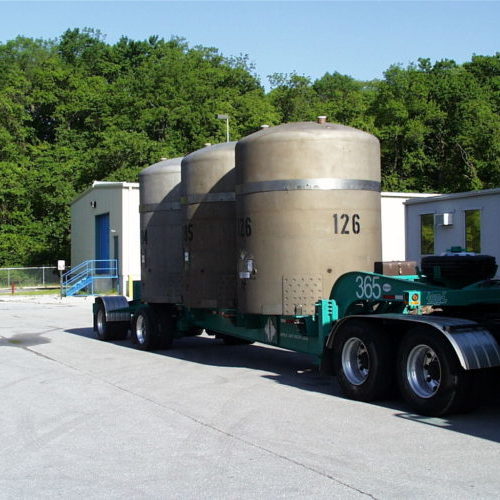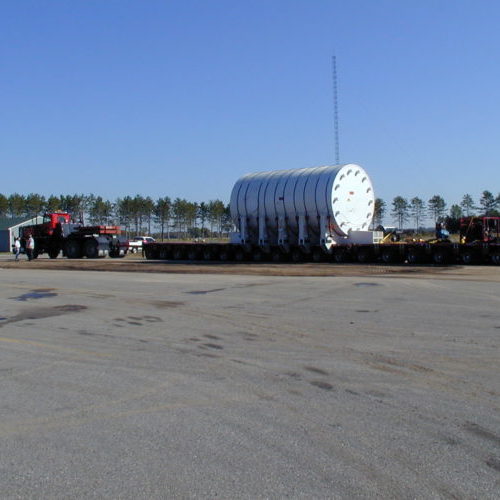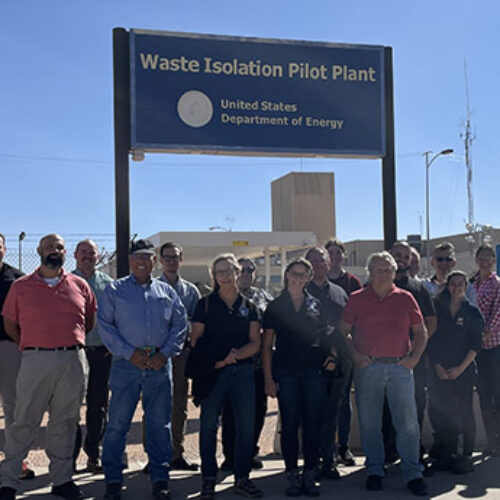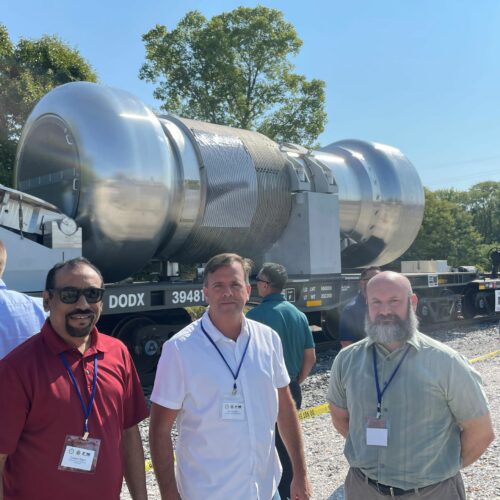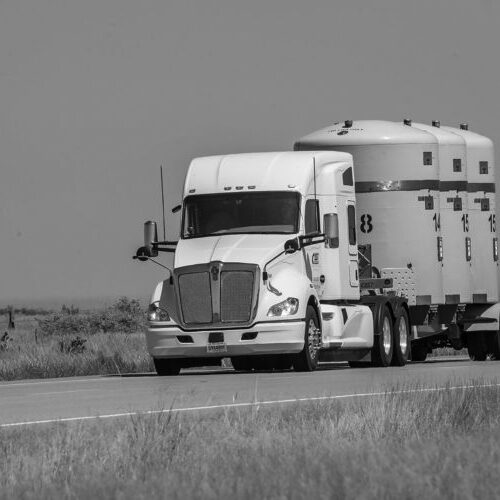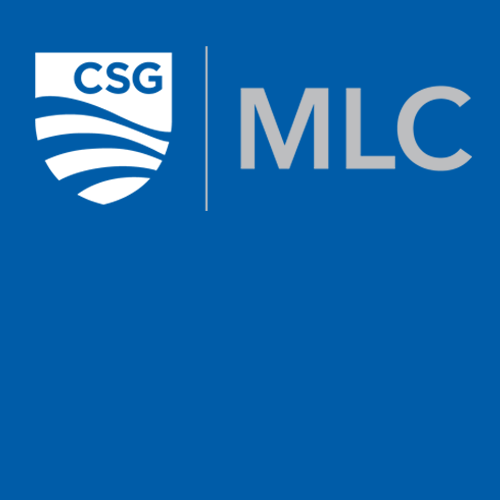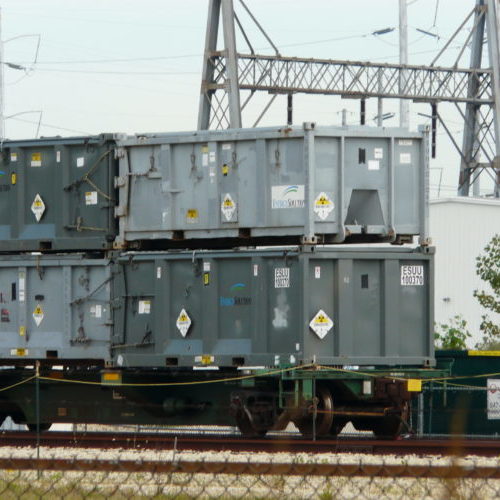The Midwestern Radioactive Materials Transportation Project
The Midwestern Radioactive Materials Transportation Project is a joint project between CSG Midwest and the U.S. Department of Energy. Since its inception in 1989, this project has helped state governments in the Midwest learn about and provide input into the DOE’s plans for shipping radioactive materials through the region. The cooperative agreement has also enabled states on the shipping routes to receive financial assistance from the DOE in order to prepare for shipments. For more information, contact Melissa Shahzadeh.
Midwestern Radioactive Materials Transportation Committee
Shipment Planning
The Role of States in Planning Shipments of Radioactive Materials
Since 1998, CSG Midwest has assisted the Midwestern states in planning and preparing for DOE shipments that travel through the region. Through its cooperative agreement with DOE, CSG Midwest brings the states together at regional meetings and in other forums to discuss shipment plans with DOE and the route states in other regions.
Since 2002, CSG Midwest has published and updated a Planning Guide for Shipments of Radioactive Materials through the Midwestern States. The guide contains the region’s recommended practices for all shipments of spent fuel, transuranic waste and high-level radioactive waste that pass through the region. In addition, the Planning Guide contains a state-by-state listing of points-of-contact, state laws, escort and inspection requirements, fees and other information related to planning and scheduling shipments.
For many of DOE’s campaigns, the states have benefited from financial assistance agreements with CSG Midwest. These agreements enable the states to tap DOE funding to reduce the cost to the state of preparing for shipments. Such costs have included training for first responders and hospitals, purchasing equipment, monitoring shipments, attending planning meetings, and inspecting and escorting shipments both at the point of origin and when the shipment is en route.
To learn more about the Midwestern states’ role in shipment planning, contact Mitch Arvidson.
Disclaimer
This material is based upon work supported by the Department of Energy under Award Numbers DE-NE0008604, DE-EM0004869, and DE-EM0002327.
This report was prepared as an account of work sponsored by an agency of the United States Government. Neither the United States Government nor any agency thereof, nor any of their employees, makes any warranty, express or implied, or assumes any legal liability or responsibility for the accuracy, completeness, or usefulness of any information, apparatus, product, or process disclosed, or represents that its use would not infringe privately owned rights. Reference herein to any specific commercial product, process, or service by trade name, trademark, manufacturer, or otherwise does not necessarily constitute or imply its endorsement, recommendation, or favoring by the United States Government or any agency thereof. The views and opinions of authors expressed herein do not necessarily state or reflect those of the United States Government or any agency thereof.
CSG's Midwestern Radioactive Materials Transportation Committee met in October 2024 in Bismarck, North Dakota. Below are the meeting materials. Meeting Materials Event Portfolio Presentations Integrating Socially Led Co-Design into Consent-Based Siting of Interim Storage Facilities High Burnup Demonstration Cask Transport Office of Packaging & Transportation Overview Office of Storage & Transportation Update Waste Isolation Pilot Plant Update Spent Nuclear Fuel Package Performance Demonstration Kewaunee Power Station - Decommissioning Project
Read MoreCSG's Midwestern Radioactive Materials Transportation Committee will meet on Thursday, June 6, 2024 in conjunction with the Annual Meeting of the National Stakeholders Transportation Forum held in Denver, Colorado.
Read MoreCSG's Midwestern Radioactive Materials Transportation Committee met on Oct. 11-12 in Carlsbad, N.M. This meeting location allowed meeting attendees to tour the surface facilities of the Waste Isolation Pilot Plant, the nation’s repository for defense-related transuranic waste.
Read MoreAn event for all legislators from the region's states and provinces
Read MoreCSG's Midwestern Radioactive Materials Transportation Committee met on May 25, 2023, in St. Louis, Missouri.
Read MoreCSG’s Midwestern Radioactive Materials Transportation Committee met on October 12 – 13, 2022, in Rapid City, South Dakota.
Read More